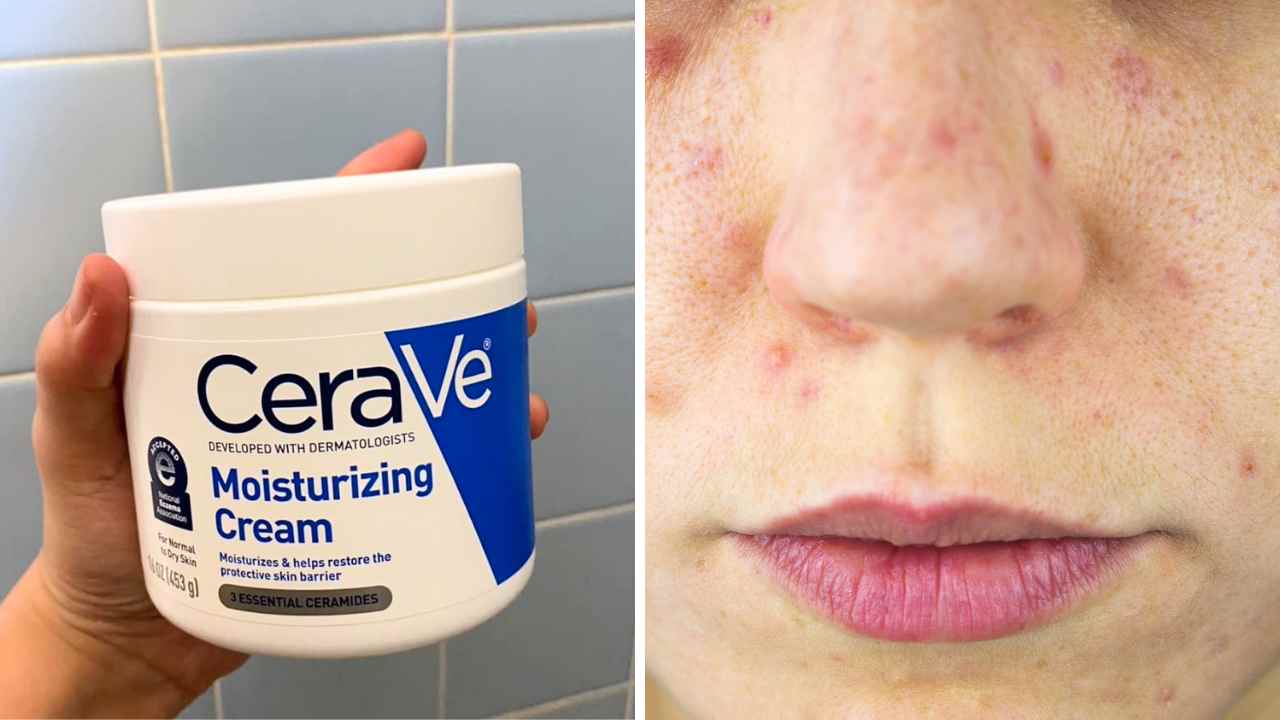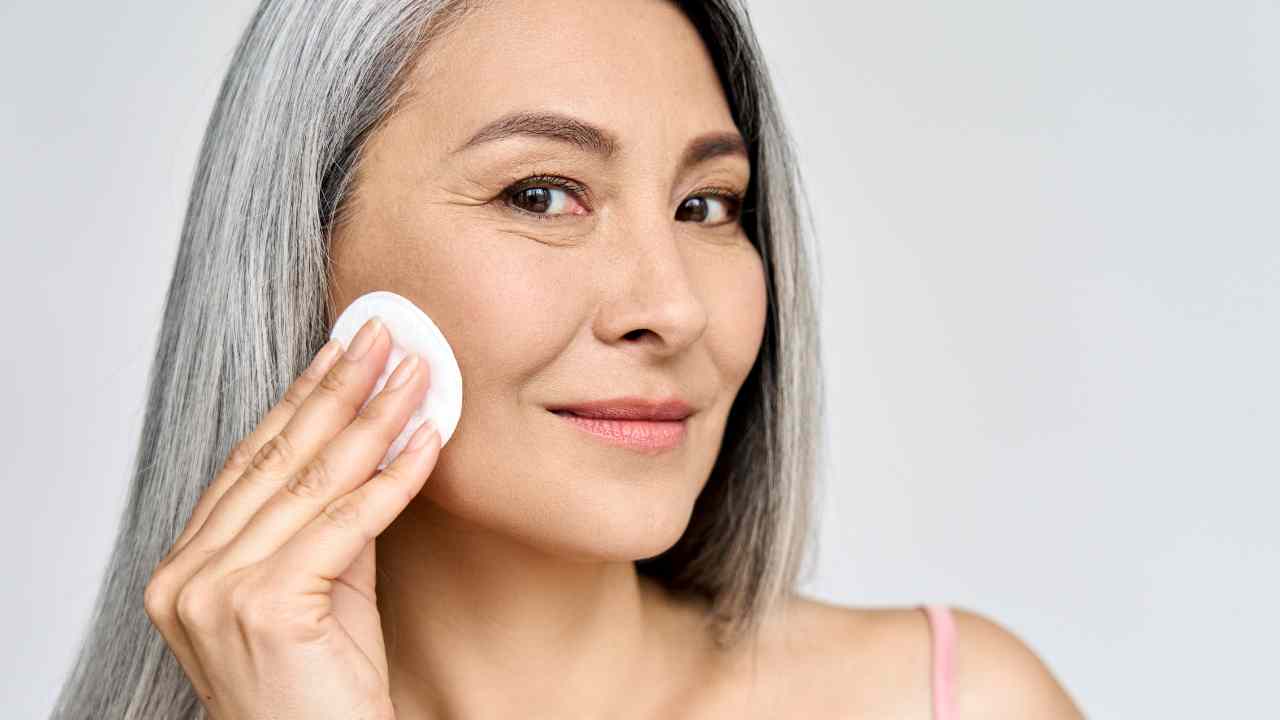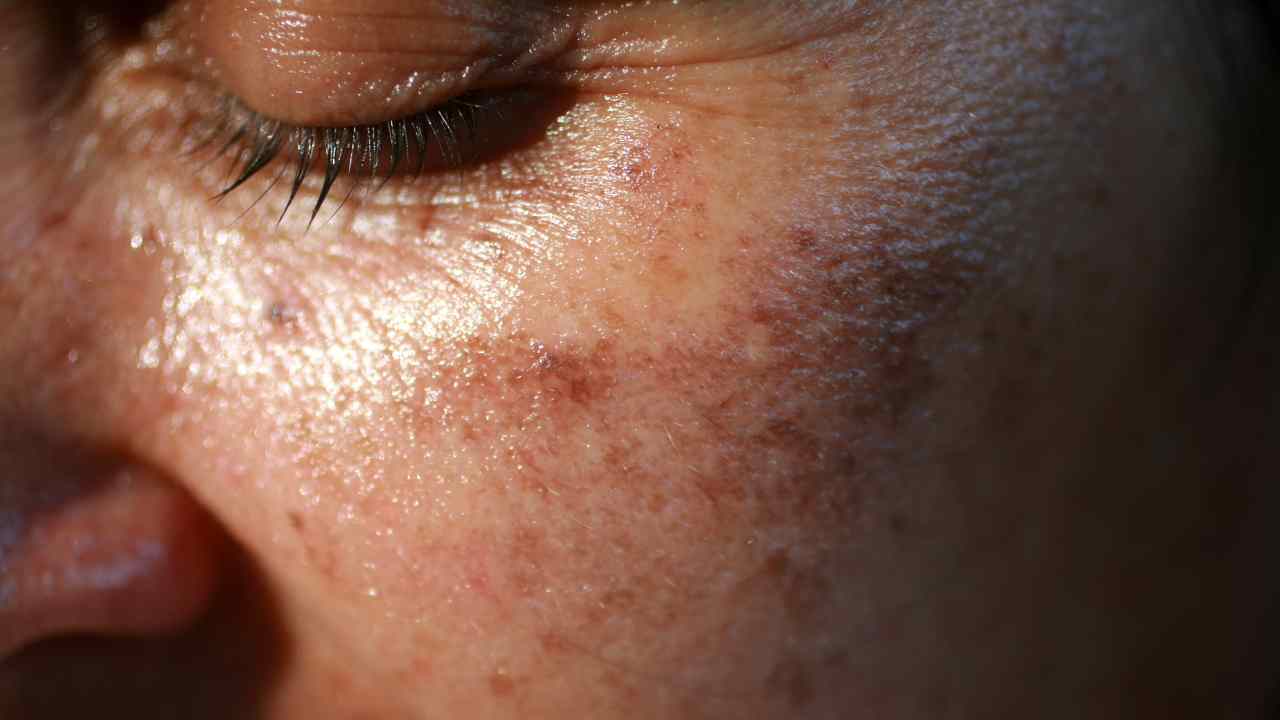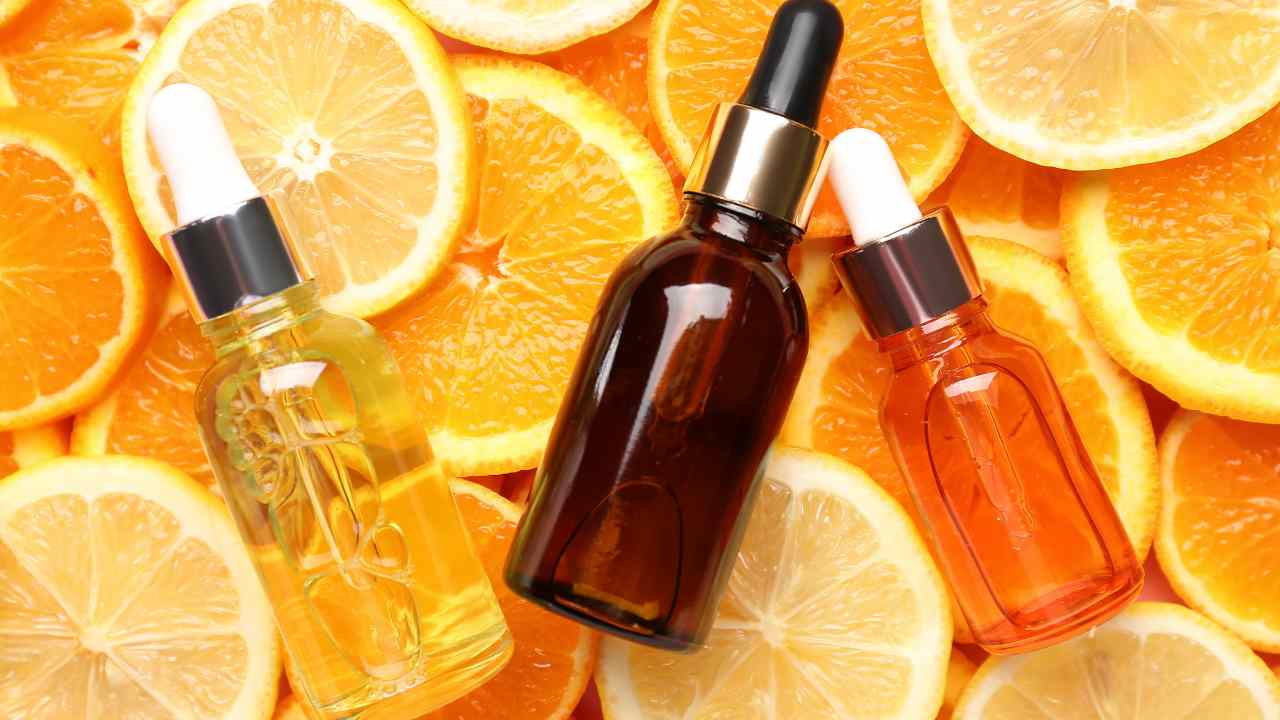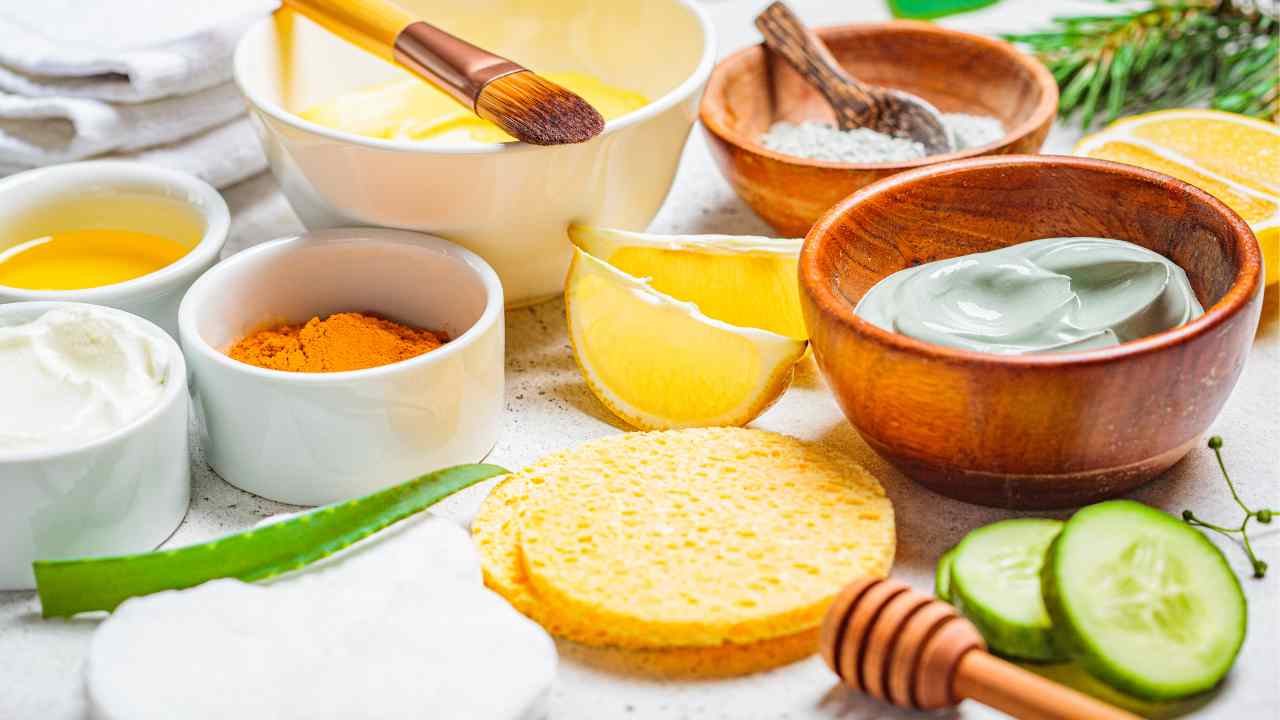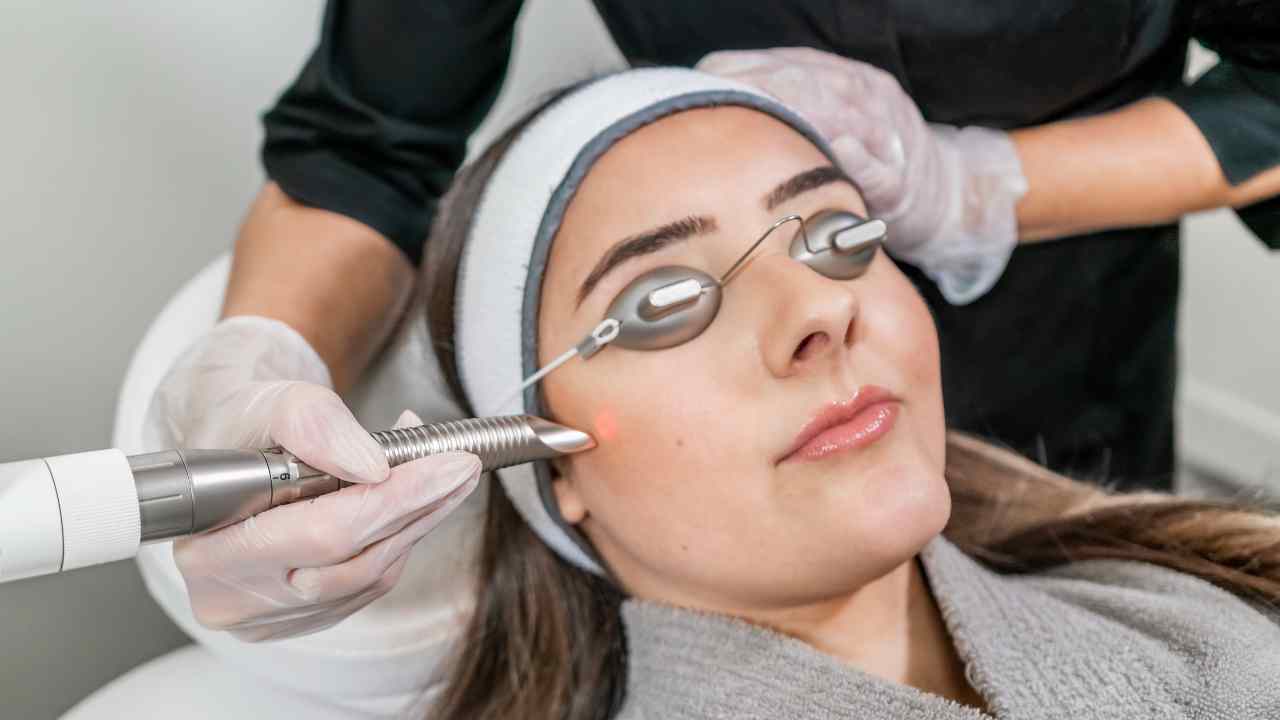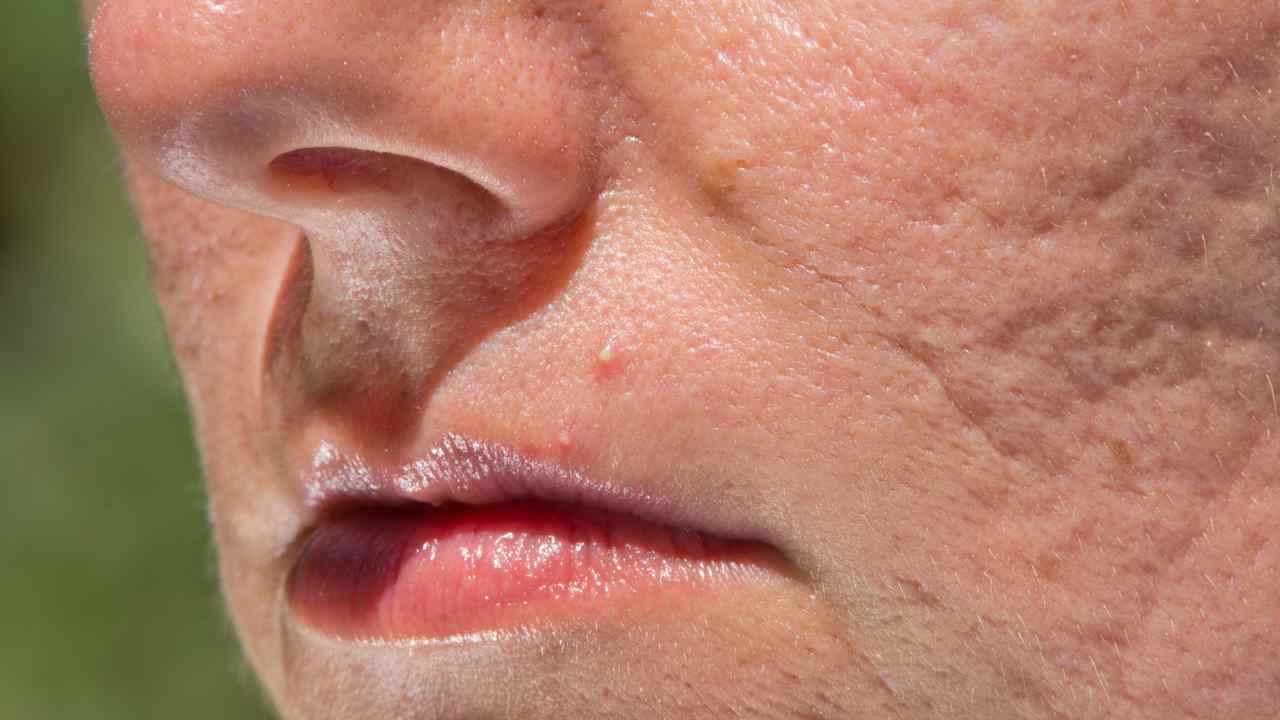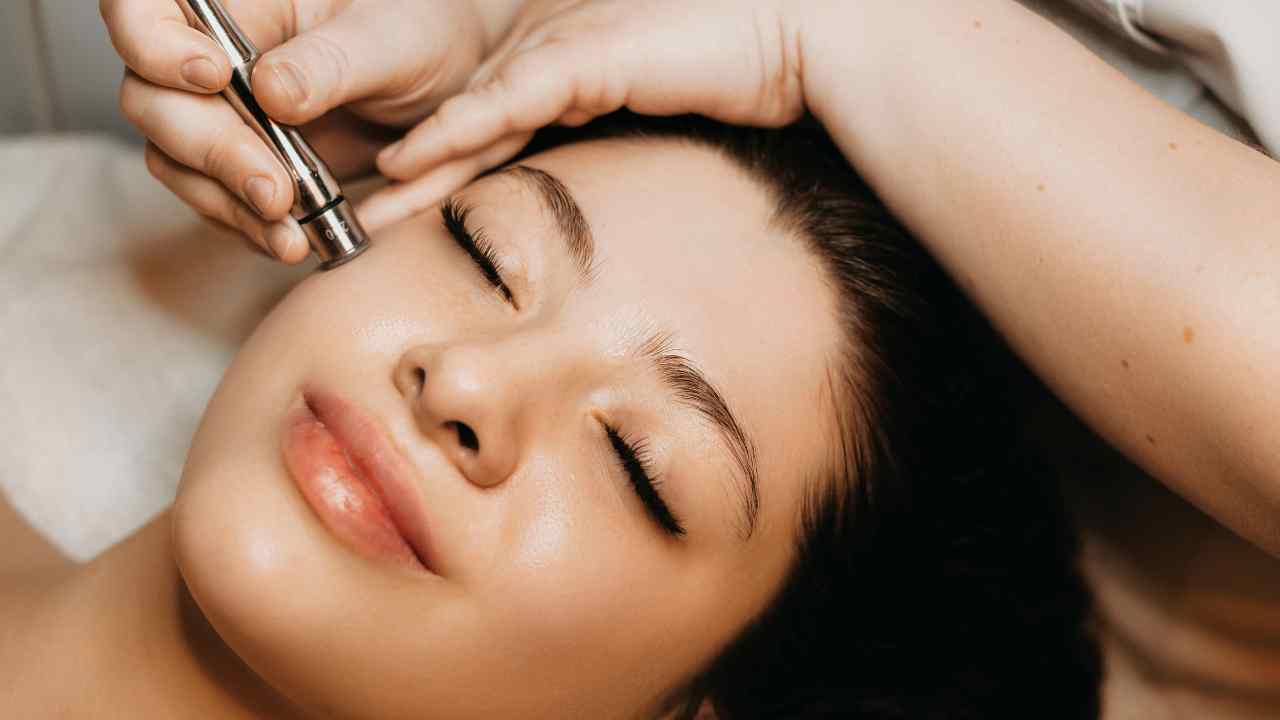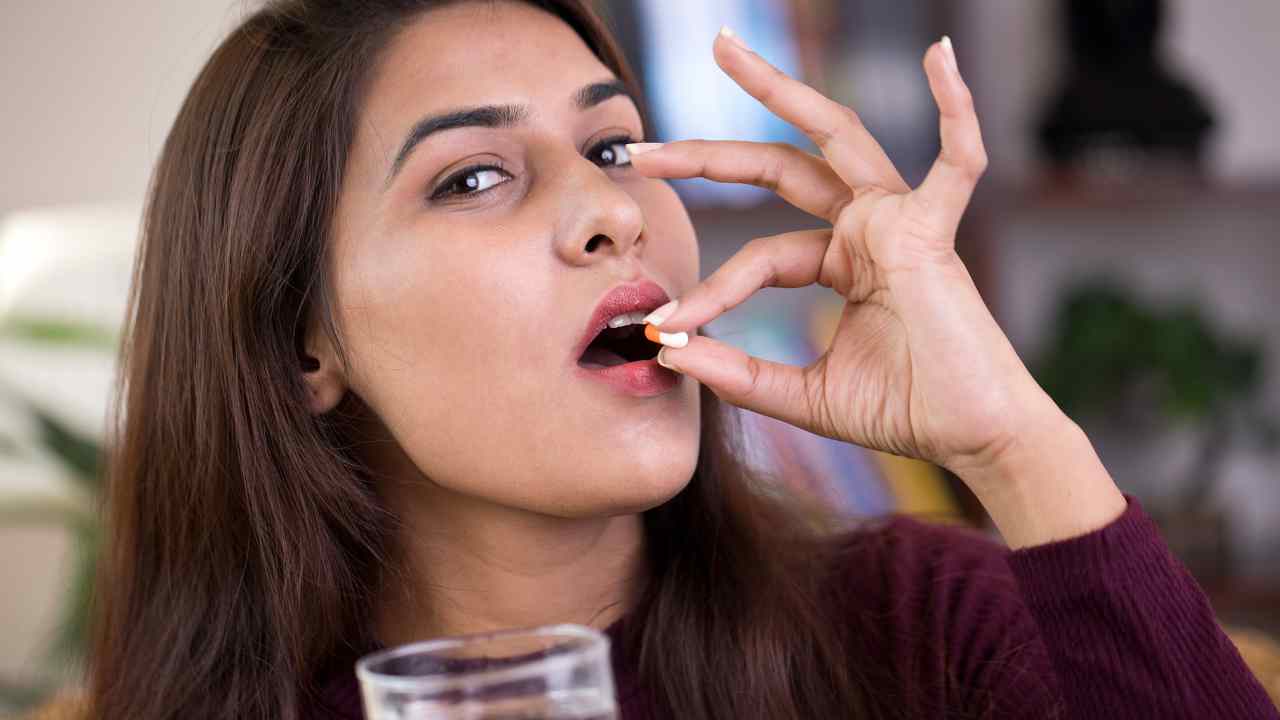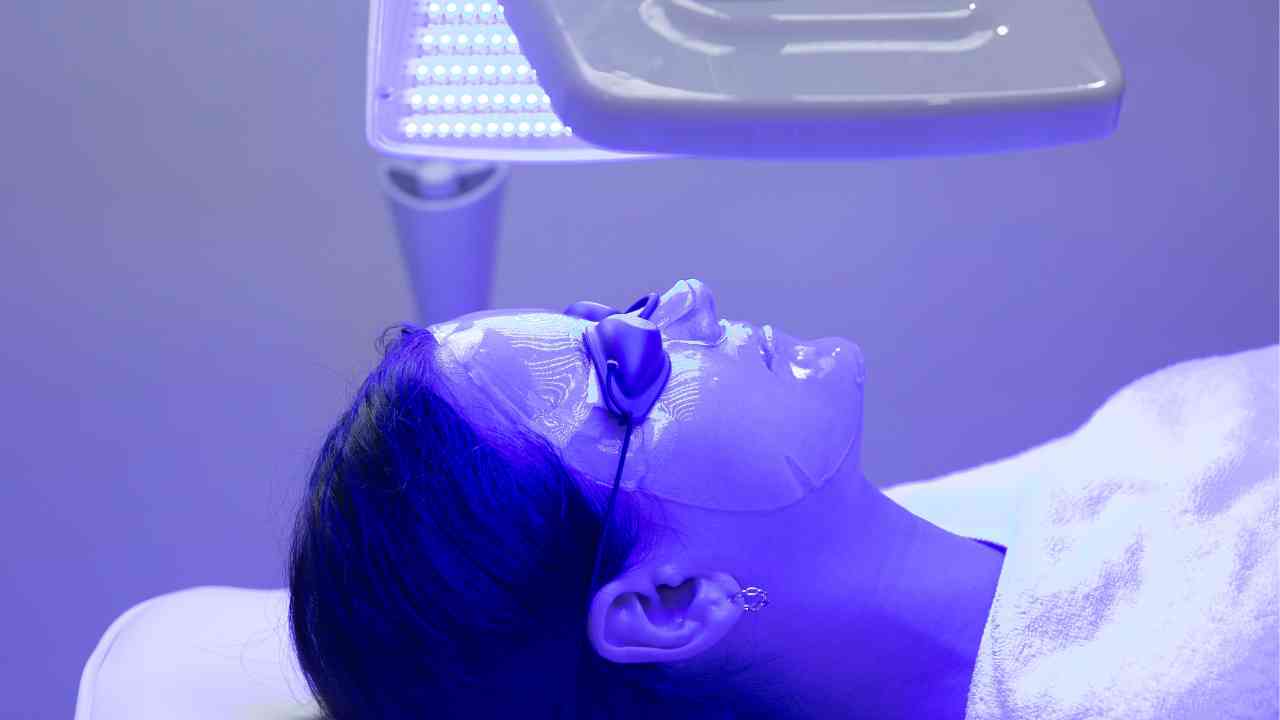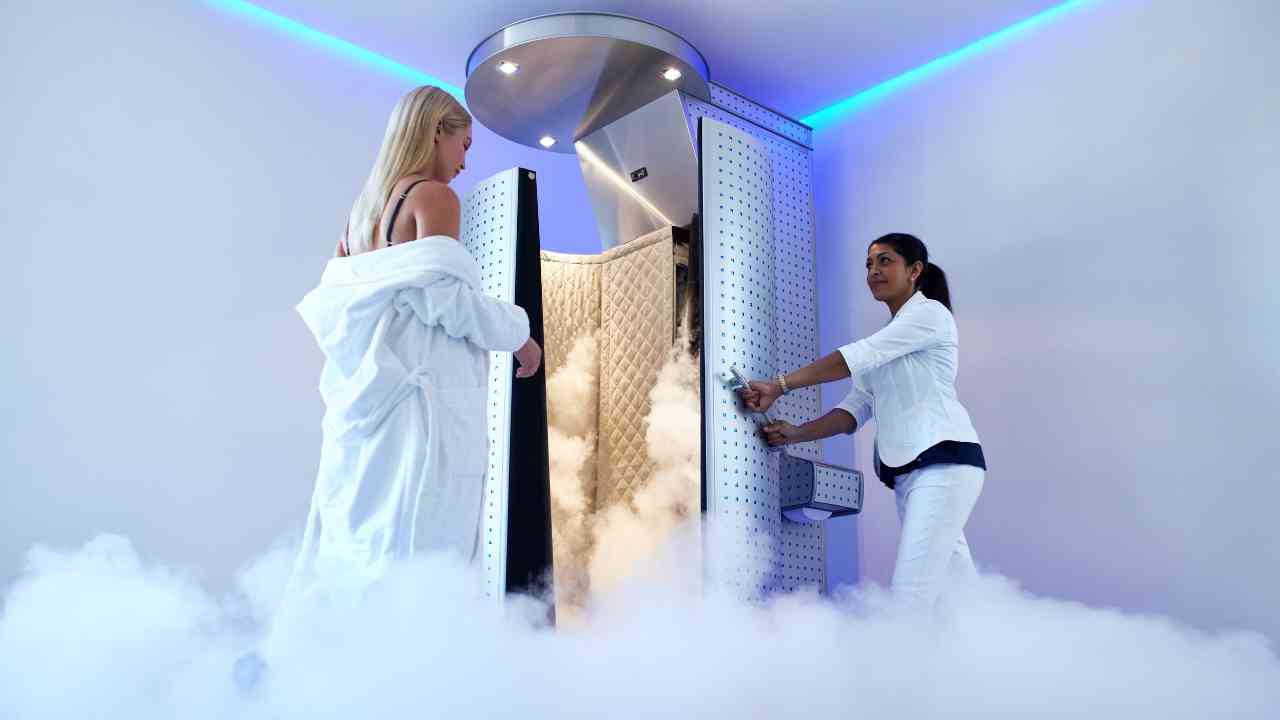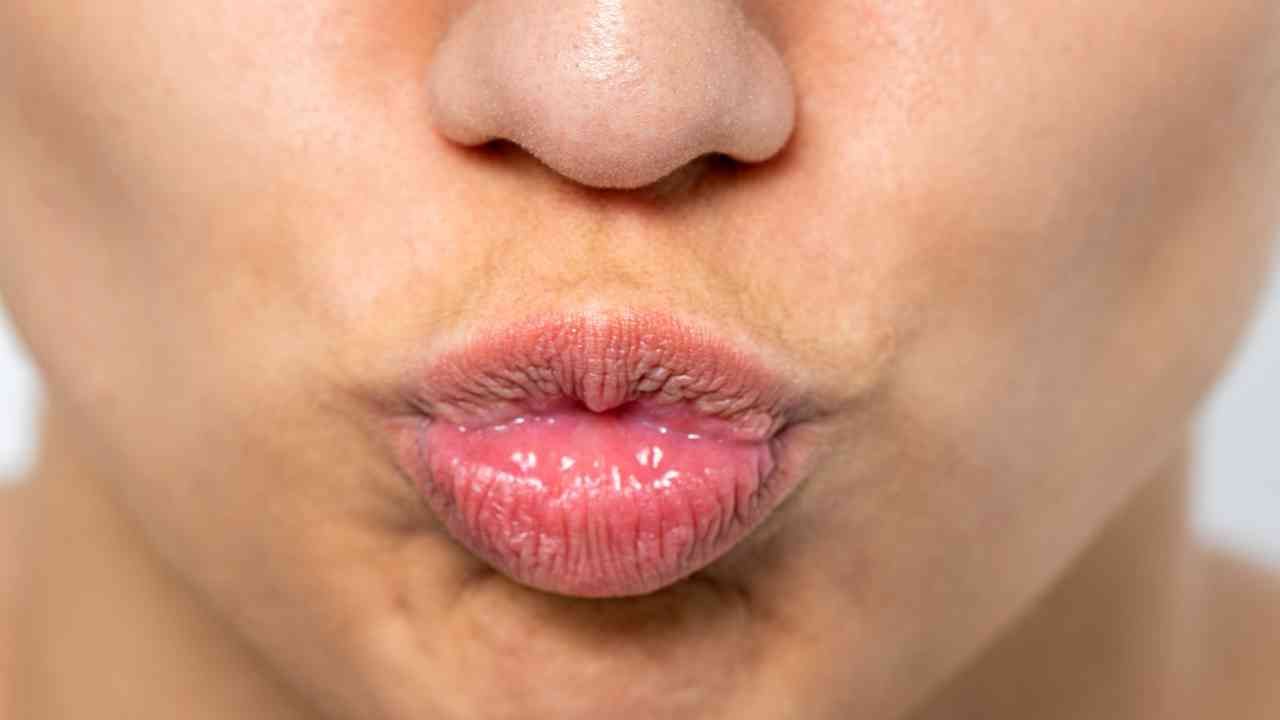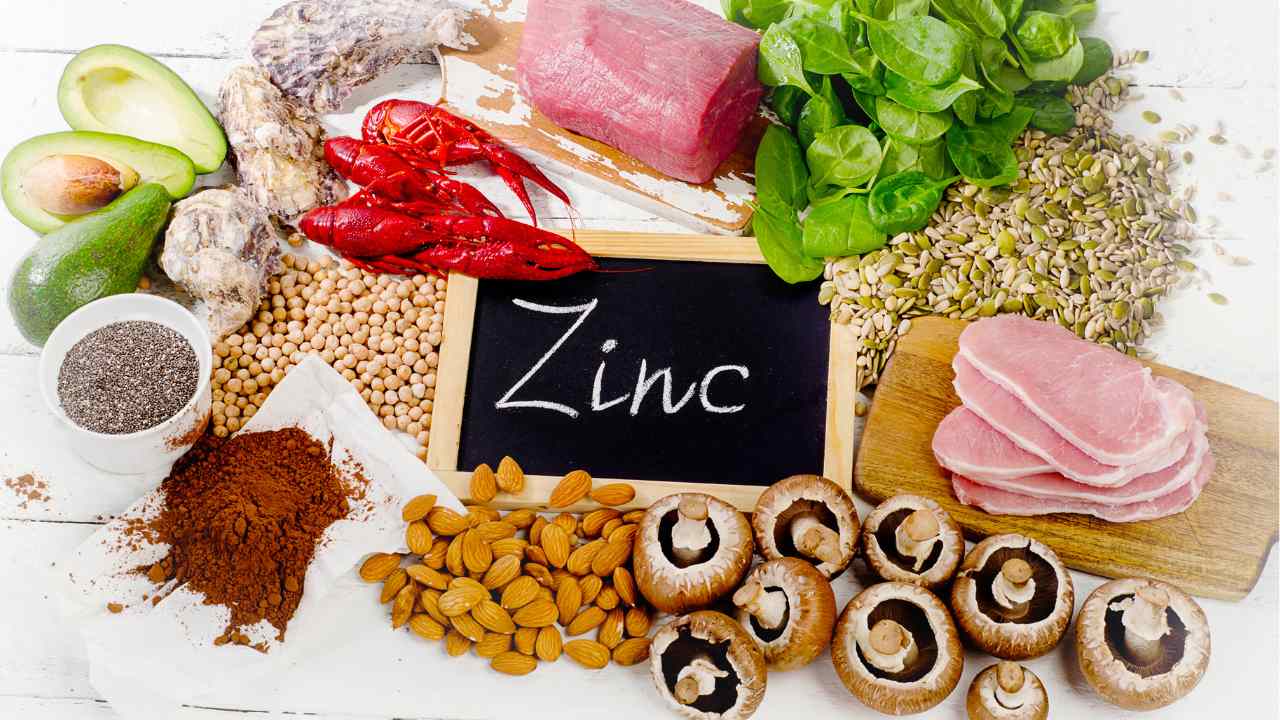
Is Zinc Good for Acne & How Much Zinc Should You Take?
Acne, the arch-nemesis of clear skin, has plagued many of us at some point in our lives.
While there are countless skincare products and treatments available for severe acne, sometimes the solution to clear skin might just be hiding in your supplement cabinet.
Enter zinc, a mineral that's been gaining attention for its potential to combat acne. But can a zinc supplement really treat acne?
In this article, we'll delve into the relationship between zinc and acne, exploring whether it's a game-changer in the quest for blemish-free skin and how much you should consider taking.
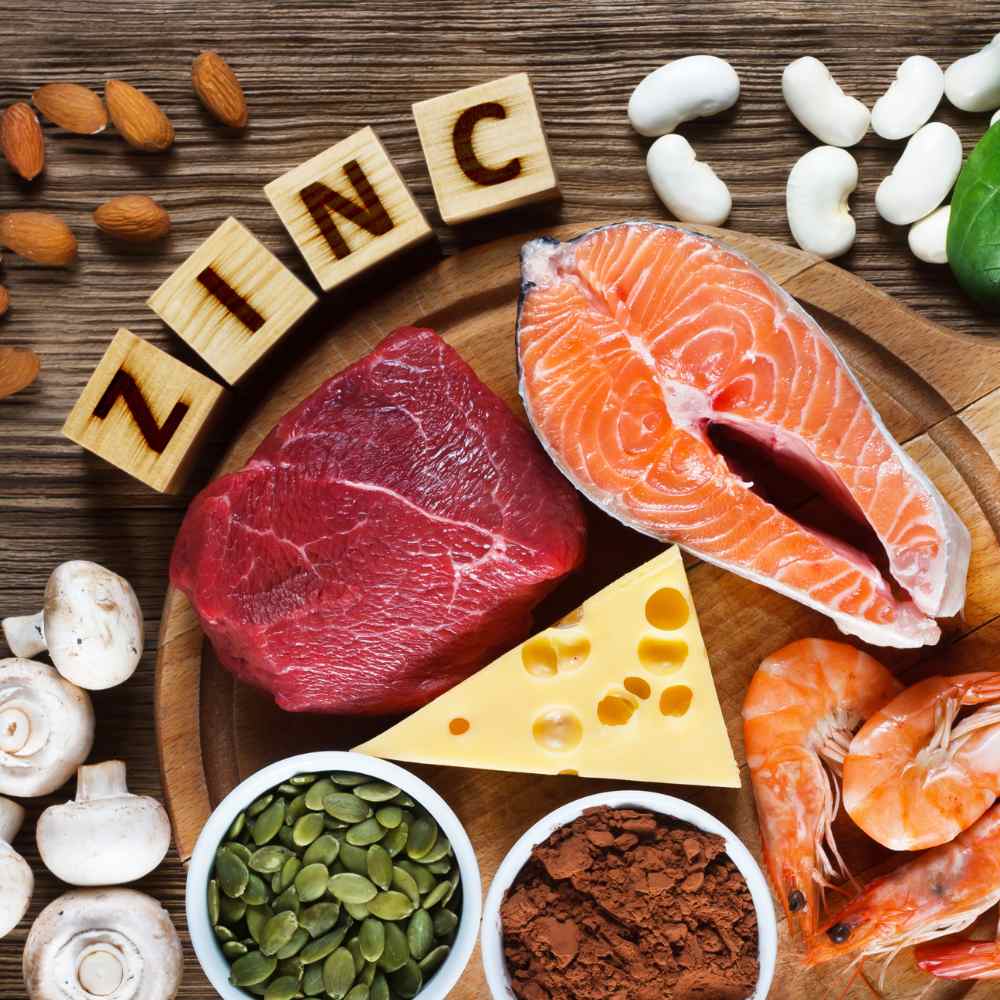
The Zinc-Acne Connection: How Does it Work?
Before we dive into the nitty-gritty of zinc's role in acne treatment, let's understand how this mineral impacts your skin. Here are some of the benefits of zinc to your body.
Anti-Inflammatory Properties
Zinc, a mineral renowned for its remarkable anti-inflammatory properties, has been found to effectively combat the redness and swelling commonly associated with acne.
As inflammation plays a crucial role in the development of acne, zinc acts as a soothing agent, providing the much-needed relief your skin craves.
By targeting and mitigating inflammation, zinc aids in restoring a healthy complexion and promoting overall skin wellness.
Regulates Sebum Production
Overactive sebaceous glands, which are responsible for producing oil, can contribute to clogged pores and acne.
By incorporating zinc into your skincare routine, you can potentially regulate sebum production, helping to keep your skin less oily and less prone to breakouts.
This essential mineral plays a crucial role in maintaining a healthy complexion by reducing excess oiliness and promoting clearer skin.
Wound Healing
Acne lesions are essentially wounds on your skin. When it comes to wound healing and tissue repair, zinc plays a crucial role.
By promoting cellular regeneration and collagen synthesis, zinc can potentially accelerate the recovery process of your skin from acne, leading to a quicker resolution and minimizing the risk of scarring.
Antioxidant Properties
Zinc, a powerful antioxidant, plays a crucial role in safeguarding your skin against the harmful impact of free radicals, which can lead to premature aging and skin damage.
By acting as a protective shield, zinc not only maintains the overall health of your skin but also minimizes the risk of acne breakouts, leaving you with a radiant and blemish-free complexion.
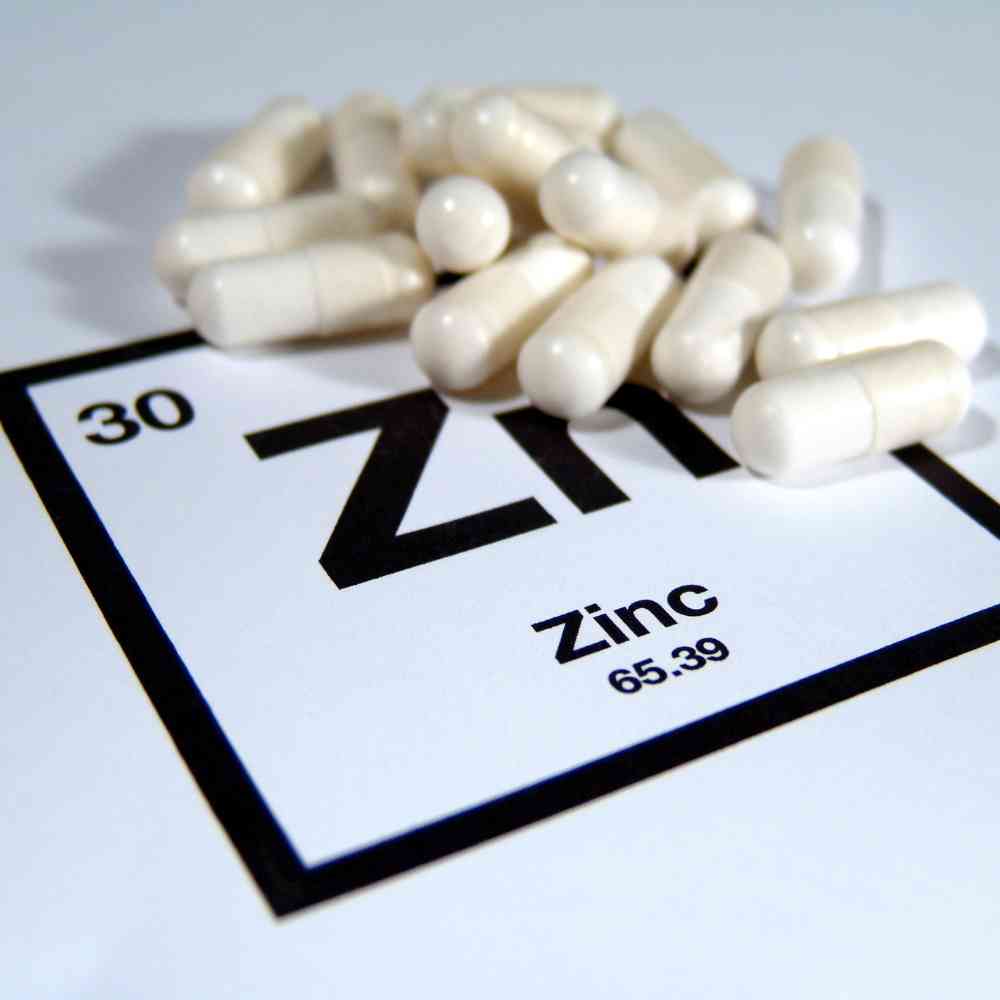
So, How Much Zinc Should You Take for Acne?
Now that we know zinc can potentially benefit your skin, let's talk about how much you should consider taking. The following is what is recommended by experts.
Daily Recommended Allowance (RDA)
The recommended daily allowance (RDA) for oral zinc intake varies based on age and sex. Generally, for most adults, the RDA is approximately 11 milligrams for men and 8 milligrams for women.
Meeting this recommended intake is crucial for maintaining optimal health and wellbeing.
However, exceeding this limit can have detrimental effects, as too much zinc intake may lead to adverse outcomes such as gastrointestinal issues and impaired immune function.
Therefore, it's essential to be mindful of your zinc consumption and ensure you stay within the recommended limits.Consider a Zinc Supplement
If you suspect you have a zinc deficiency or are considering zinc for acne, consult with a healthcare professional before starting a supplement regimen. They can assess your specific needs and recommend an appropriate dosage.
Zinc Types
Zinc supplements come in various forms, such as zinc gluconate, zinc citrate, and zinc picolinate. Each form has its own unique characteristics and may offer different benefits.
For instance, zinc gluconate is known for its high bioavailability, while zinc citrate is often preferred for its ease of absorption. Zinc picolinate, on the other hand, is recognized for its potential to support immune function.
It's important to note that these different forms of zinc also vary in terms of elemental zinc content, which refers to the actual amount of zinc present in the supplement.
This information is crucial when choosing a zinc supplement as it determines the dosage and effectiveness.
To ensure you're getting the right amount of zinc, it's always advisable to follow the advice of your healthcare provider or consult with a qualified professional.
By understanding the different forms of zinc and considering the elemental zinc content, you can make an informed decision when selecting a zinc supplement that best suits your needs and goals.
What About Topical Zinc?
Topical zinc is an effective, safe, and natural treatment for skin conditions like acne, eczema, psoriasis and dermatitis. It helps protect the skin from oxidative damage caused by environmental pollutants such as UV rays.
Additionally, it may help to improve wound healing, decrease skin oiliness, and blocks the multiplication of bacteria on the skin surface.
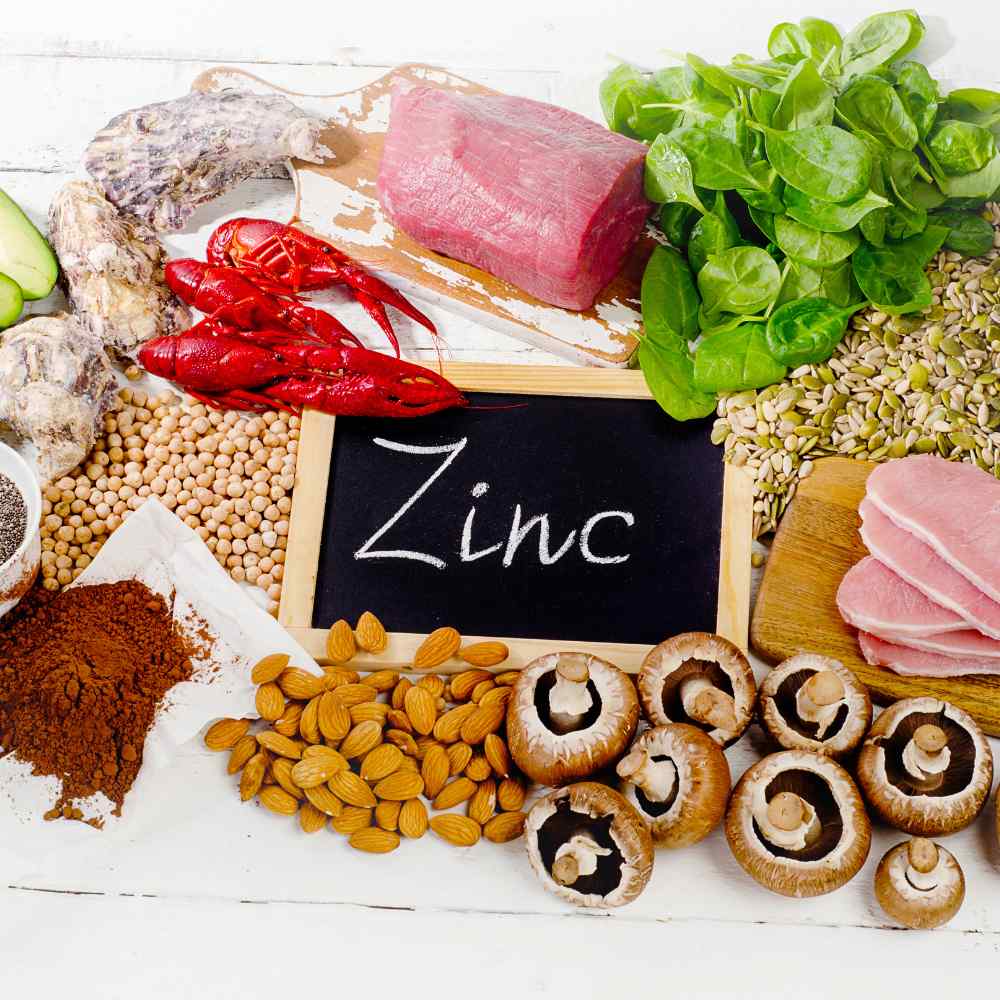
Don't Rely Solely on Supplements
While oral zinc supplements can be beneficial, it's crucial to remember that incorporating a balanced diet rich in zinc-containing foods into your daily routine is essential for overall health and skin wellness.
Nourishing your body with a variety of nuts, seeds, whole grains, and lean meats not only provides you with an adequate intake of zinc but also offers a wide range of other vital nutrients that support your well-being.
By embracing a holistic approach to nutrition, you can ensure that your body receives all the necessary elements for optimal health and vibrant skin.
A Word of Caution
Before rushing to the nearest pharmacy for oral zinc sulfate supplements, there are a few essential considerations. Here are a few tips to keep in mind.
Consult a Healthcare Professional
It is of utmost importance to seek guidance from a healthcare professional before embarking on a new supplement regimen.
This is particularly crucial if you are currently on other medications or have pre-existing health conditions.
By consulting with a healthcare professional, you can ensure that the supplement you plan to incorporate complements your existing healthcare routine and aligns with your specific health needs.
Taking this proactive step will help safeguard your well-being and optimize the effectiveness of your overall healthcare approach.
Balance is Key
More isn't always better when it comes to supplements. While zinc is essential for our health, excessive intake can have negative effects.
These can include not only common symptoms like nausea and vomiting, but it can also interfere with the absorption of other important minerals like iron and copper.
So, it's crucial to strike a balance and ensure we're getting the right amount of zinc for optimal health.
Patience is a Virtue
Results may not be immediate. It can take several weeks or even months of consistent zinc intake, along with a proper skincare routine, to see noticeable improvements in the health and appearance of your skin. Patience and consistency are key in achieving the desired outcomes.
The Importance of a Great Skincare Routine
Using zinc therapy for acne is pretty awesome, but remember, it's not a magic bullet. It's like a sidekick to your skincare routine.
So, be sure to cleanse your face with a great pore cleanser, keep your sensitive skin hydrated with a quality moisturizer, and bust out the spot treatment when needed.
Also, don't forget to consult a dermatologist for a tailored acne treatment. They may recommend other acne treatments that can help clean up your breakouts.
These can include topical treatments such as benzoyl peroxide, salicylic acid, and retinoids. Or they may include oral medications such as antibiotics or Accutane. Your dermatologist may even recommend more advanced treatments such as microdermabrasion, blue light therapy, or even cryotherapy!
Zinc for Acne – A Promising Ally
Zinc's anti inflammatory properties and potential role in treating acne patients is an exciting avenue for those seeking clear, blemish-free skin.
Its anti-inflammatory properties, regulation of sebum production, wound healing abilities, and antioxidant effects make it a compelling candidate for acne management.
However, it's essential to approach zinc supplementation with caution, seek professional guidance, and aim for a balanced diet to support your overall health.
Remember, while zinc oxide may contribute to clearer skin, it's just one piece of the skincare puzzle.
A holistic approach that includes a suitable skincare routine, a healthy diet, and lifestyle choices will yield the best results on your journey to acne-free skin.



